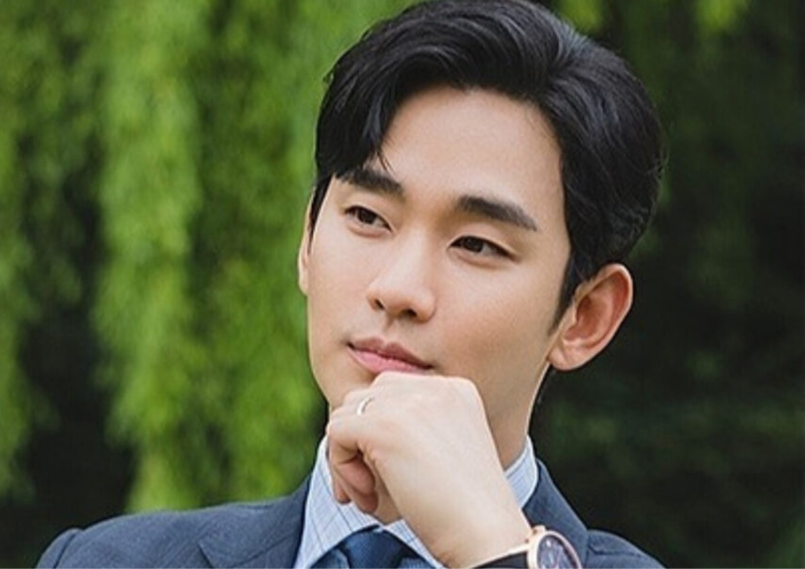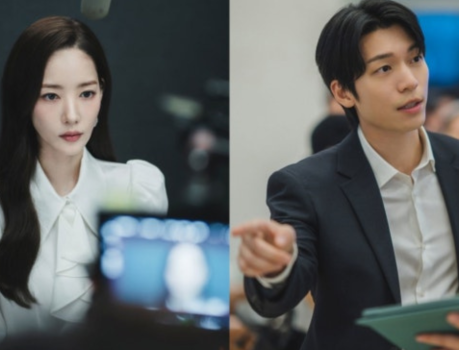Kim Soo-hyun scandal reopens debate on cyber defamation and AI content. As fans and lawyers call for a thorough investigation into the ongoing actor scandal, they are urging a speedy investigation to separate the facts from the fiction.

The dispute arose over allegations by the family of the late actress Kim Sae-ron that Kim Soo-hyun had violated the Child Welfare Act.
The accusations, amplified by the YouTube channel Garo Sero Institute, included what are now suspected to be AI-generated audio files and manipulated digital evidence.
The actor's legal team has responded with criminal and civil suits against the family and their representatives, calling the allegations "a clear act of defamation."
"This is not only about forged audio — it's about the malicious use of artificial intelligence and foreign servers to destroy reputations," said Attorney Bang Sung-hoon of LKB & Partners, who represents Kim. "We will pursue justice to the full extent of the law."
Public sentiment has shifted dramatically as similar cases involving cyber-wreckers — a term likening sensationalist YouTubers to tow trucks chasing crashes — have come to light.
Stars like IVE's Jang Wonyoung, BTS's Jungkook and V, and singer Kang Daniel were also previously targeted by malicious content creators.
In Wonyoung's situation, the YouTuber was fined and ordered to pay damages after creating 23 defamatory videos over an eight-month period.
These content creators' means also include AI-generated voices, fake narratives, and social media games to drive views and ad revenue.
In Tzuyang's case — a YouTube star with over 10 million followers — several cyber-wreckers were sentenced to prison after they attempted to extort her over personal matters revealed through a leaked audio file.
"The threats from those YouTubers were even more traumatizing than the abuse I suffered from my ex-boyfriend," she later stated.
Kim Soo-hyun, once one of Korea's most bankable actors, is now facing up to ₩7.3 billion KRW (roughly $5.3 million USD) in damages from canceled endorsements amid the scandal.
His legal team has filed a separate ₩12 billion KRW ($8.7 million USD) defamation suit and requested that the National Police Agency expedite its investigation into the AI-forged audio and related claims.
Critics argue that the longer the investigation drags on, the greater the reputational damage will be.
"Public trust is eroding not just in the accused or accusers, but in the entire system," said Lee Ji-yeon, a media ethics professor at Korea University.
"False accusations using advanced technology are a new threat, and we need legal frameworks that can keep up."
Despite ongoing counterclaims and viral speculation, Kim has maintained his innocence and pushed for full disclosure of all evidence.
"If someone is to be criticized or exposed, it must be based on solid facts," his legal team said. "Ambiguous claims only spark more harm."
As the case has unfolded, many South Koreans have demanded harsher penalties for deepfakes and other AI-manipulated media, arguing that unfettered digital content creation threatens not only celebrities but also the credibility of public discourse.












